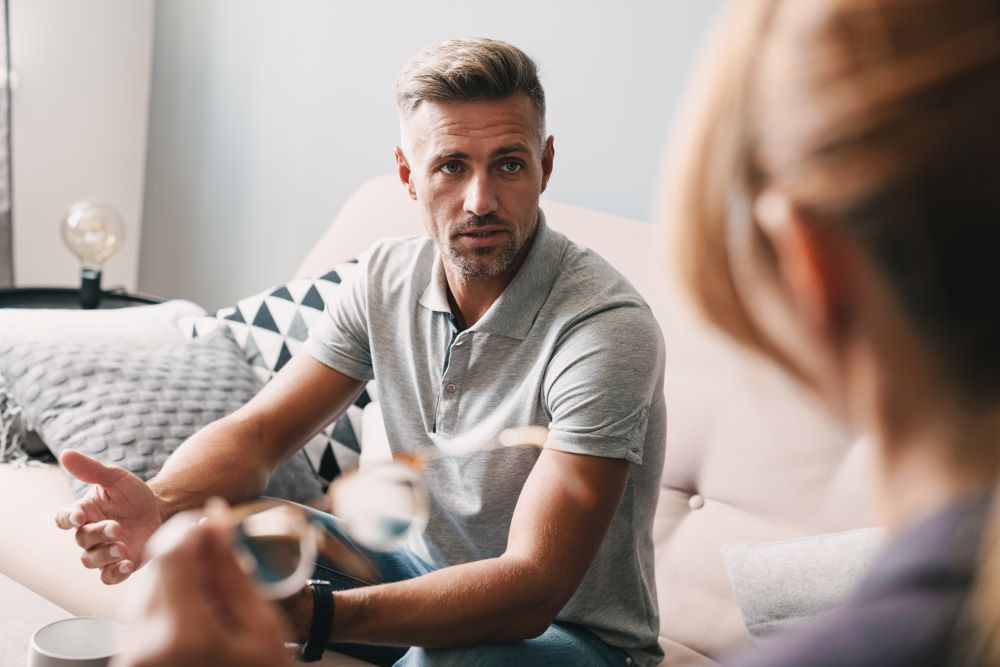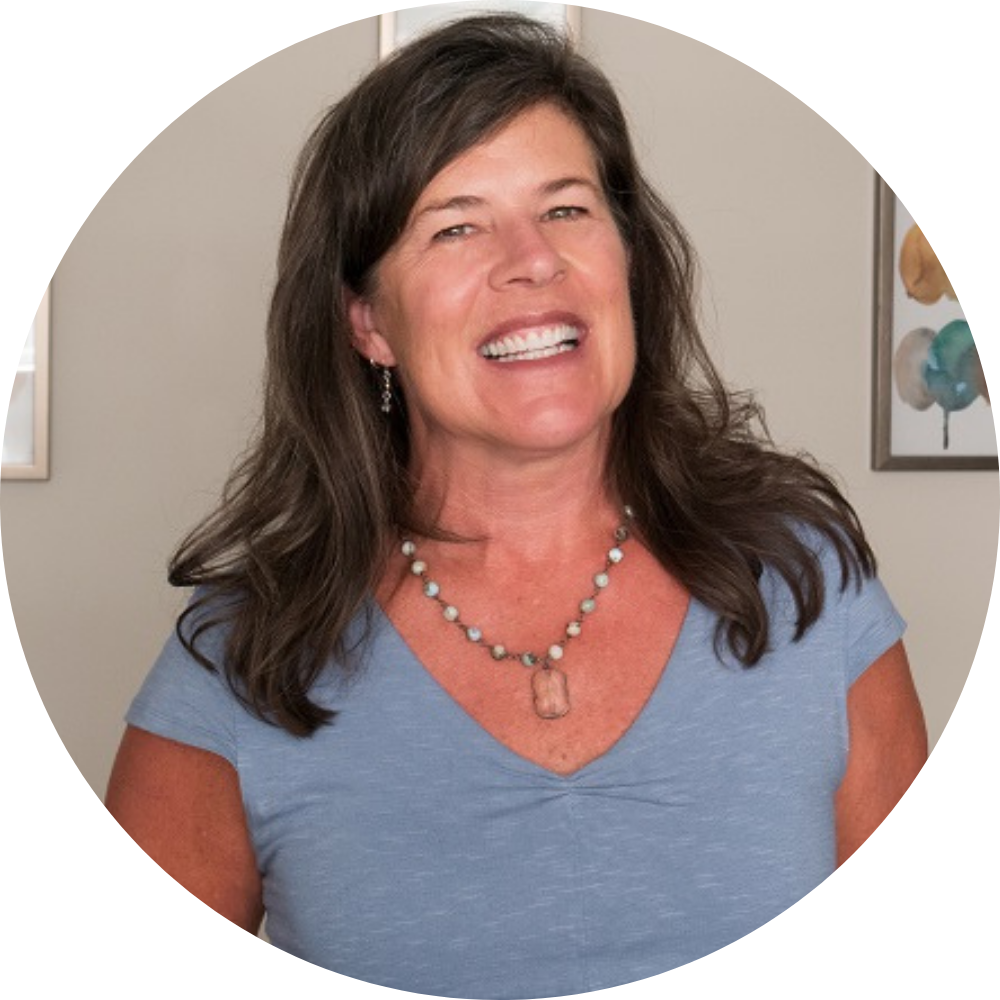1.What is EAP counseling, and how does it differ from traditional outpatient counseling?
- Easy access: There’s no cost to you, and confidentiality is guaranteed, eliminating common barriers like expense, uncertainty about where to start, or worries about privacy.
- Immediate support: With short-term counseling developed around your specific situation, many people find the help they need quickly and conveniently.
2. How does the assessment and short-term counseling process work within an EAP?
3. What if my concern extends beyond the scope of EAP counseling?
When that happens, your counselor will explain why the referral is needed and suggest at least three options, making sure to consider financial, transportation, and other personal factors that might affect your access to care.
4. Is counseling available virtually, or do I have to meet in person?
Virtual counseling can be a great option if you have a busy schedule or face transportation hurdles.
At the same time, some people prefer meeting in person, and family or children’s sessions often work best when everyone’s together in the same room.
5. How do I know if my concerns are “big enough” for counseling?
We encourage you to reach out early, even if it’s just a mild worry; concerns tend to grow when ignored.
Think of EAP counseling like a check-up—just like you’d get an annual physical or dental exam. If something’s on your mind, the EAP is here to help, no matter how big or small it may seem.
6. What if my spouse or child is having difficulties—are they eligible, too?
That means your spouse, partner, or child can seek counseling on their own—you’re not required to participate in their sessions.
We believe supporting loved ones is a crucial part of supporting you.
7. How often can I use counseling through the EAP?
If you’ve already used your EAP sessions for one concern (like stress or relationship issues) and a new circumstance arises later (such as a death in the family), the EAP may authorize additional sessions if you’re not currently in therapy.
8. Will my employer or anyone else know if I use the EAP?
No identifying information can be shared with your employer or anyone else without your written consent, except in rare cases involving child or dependent adult abuse or a credible risk of harm to yourself or others.
The only data your employer receives is aggregate (non-identifiable) usage—ensuring your privacy remains secure.
9. How much does EAP counseling cost me—and can I afford it?
Since it’s an employer-sponsored benefit, you can access thousands of dollars’ worth of services each year at no out-of-pocket cost.
If you need additional care after using your EAP sessions, your counselor will suggest affordable, accessible options tailored to your needs.
10. I’m ready to get started! What do I do next?
Simply call 800-327-4692 anytime to speak with a master’s-level counselor for in-the-moment support and to access your EAP counseling or other EAP benefits.
On the call, you can expect the counselor to gather some demographic information from you, discuss what services you are seeking, and remind you of your other EAP benefits. The counselor will help connect you with an EAP counselor to get your first appointment scheduled!
You can also:
- Explore all your EAP benefits
- Request a call back using the form on our website
- Chat with us online- simply click the blue “Chat with us!” button on the right side of any webpage on our website


